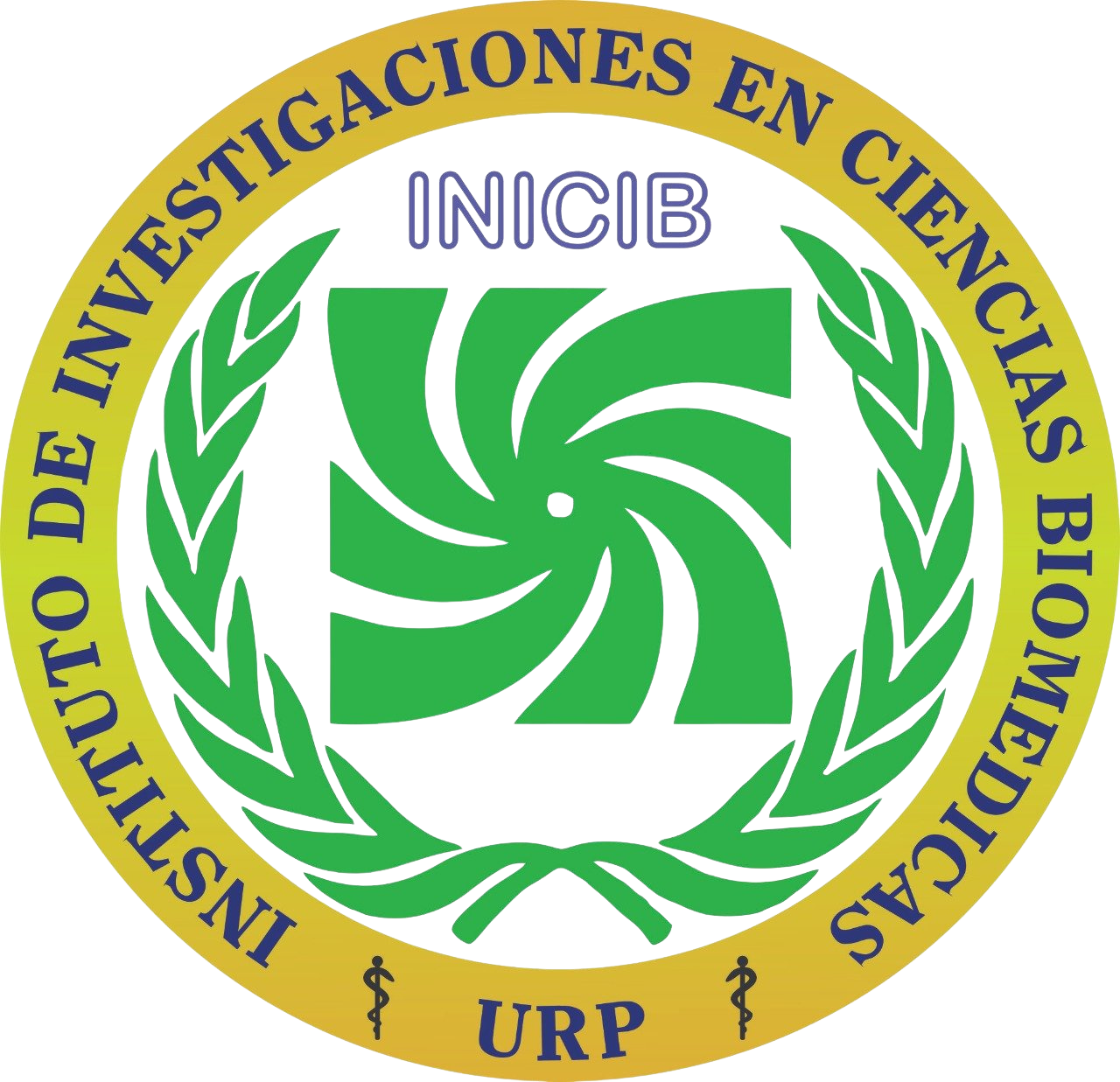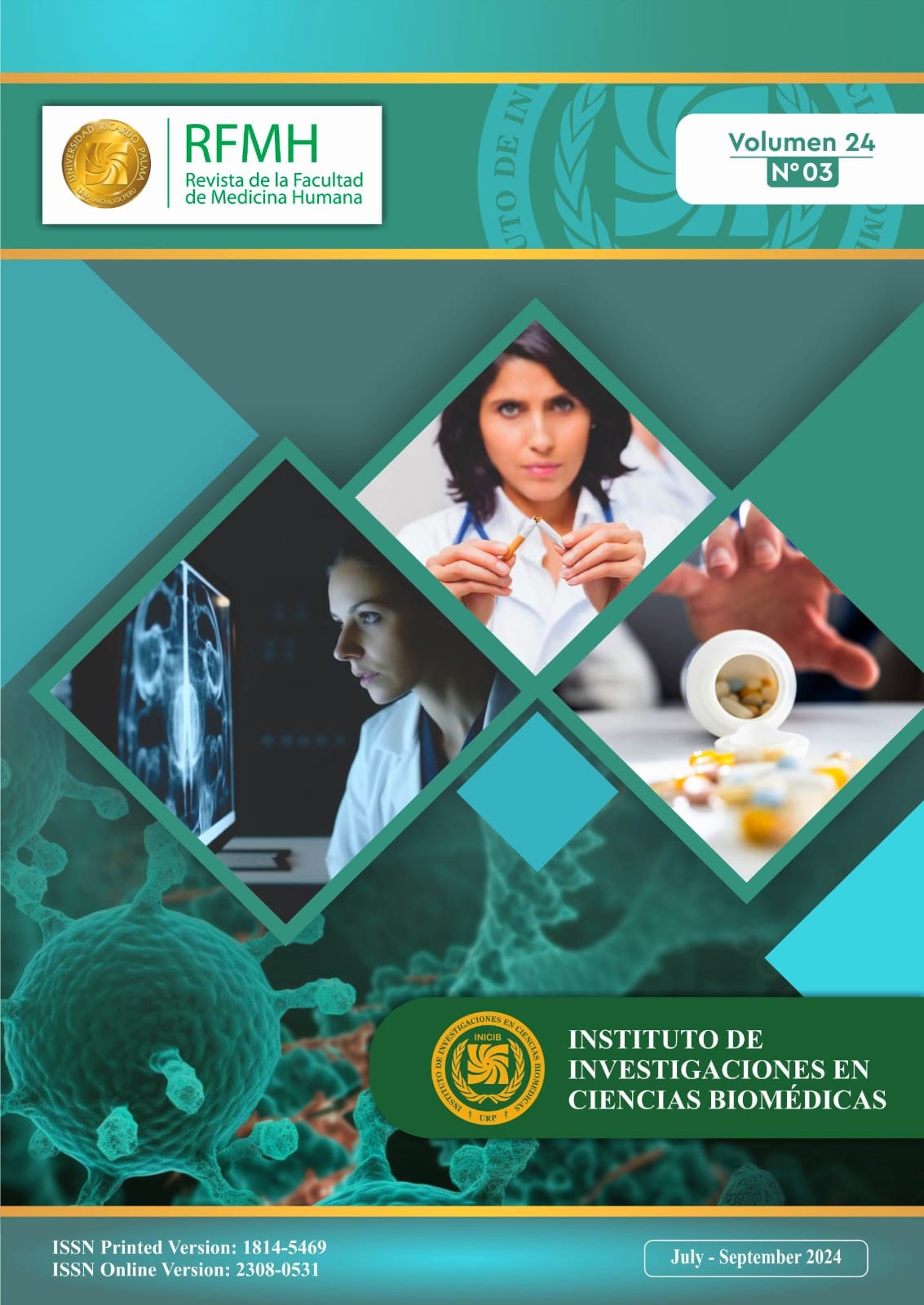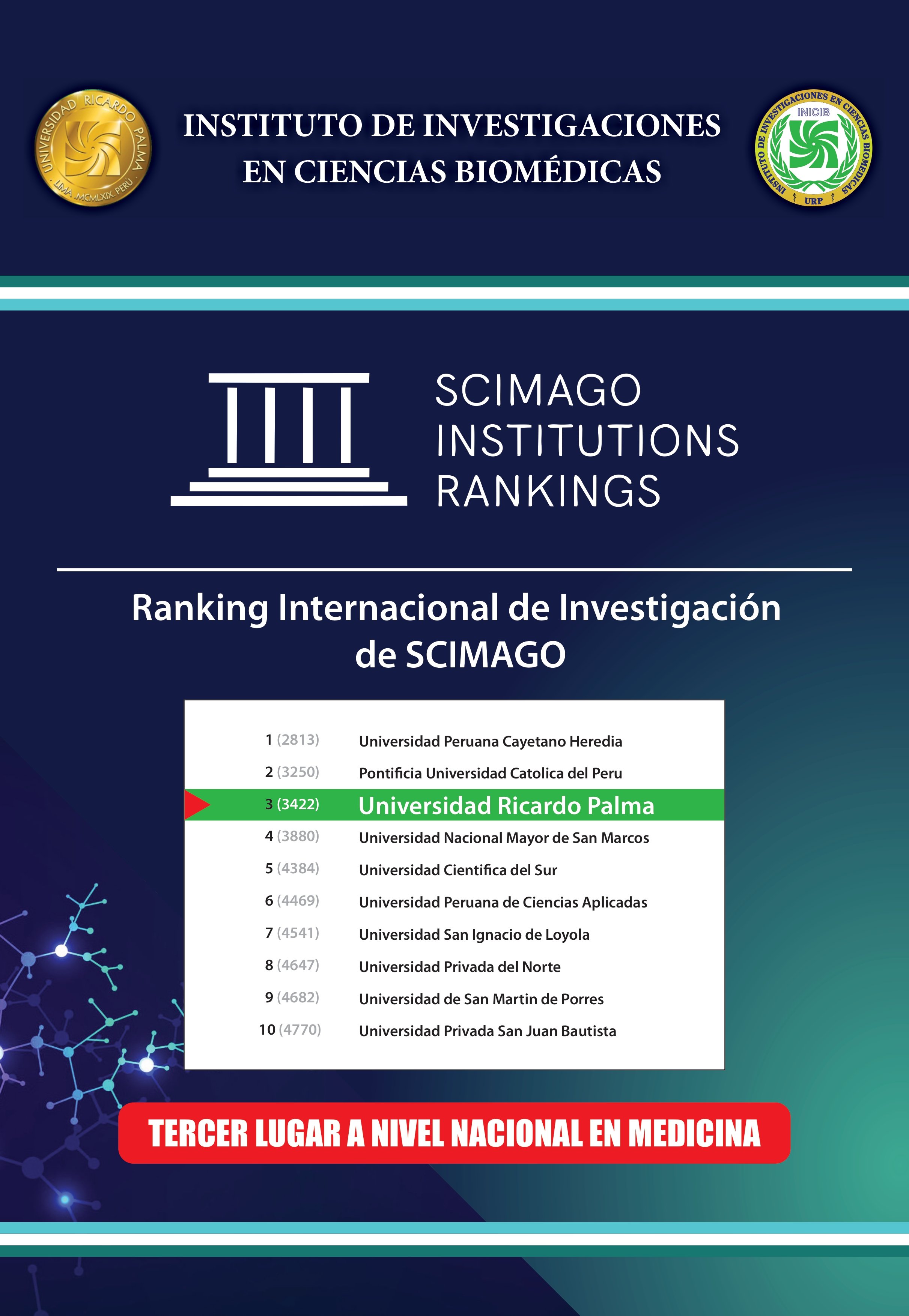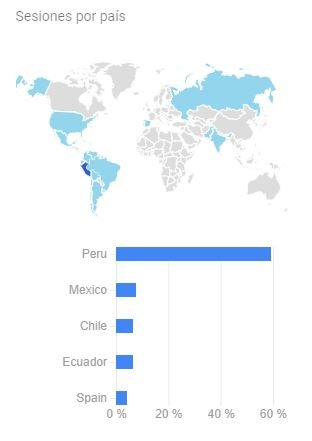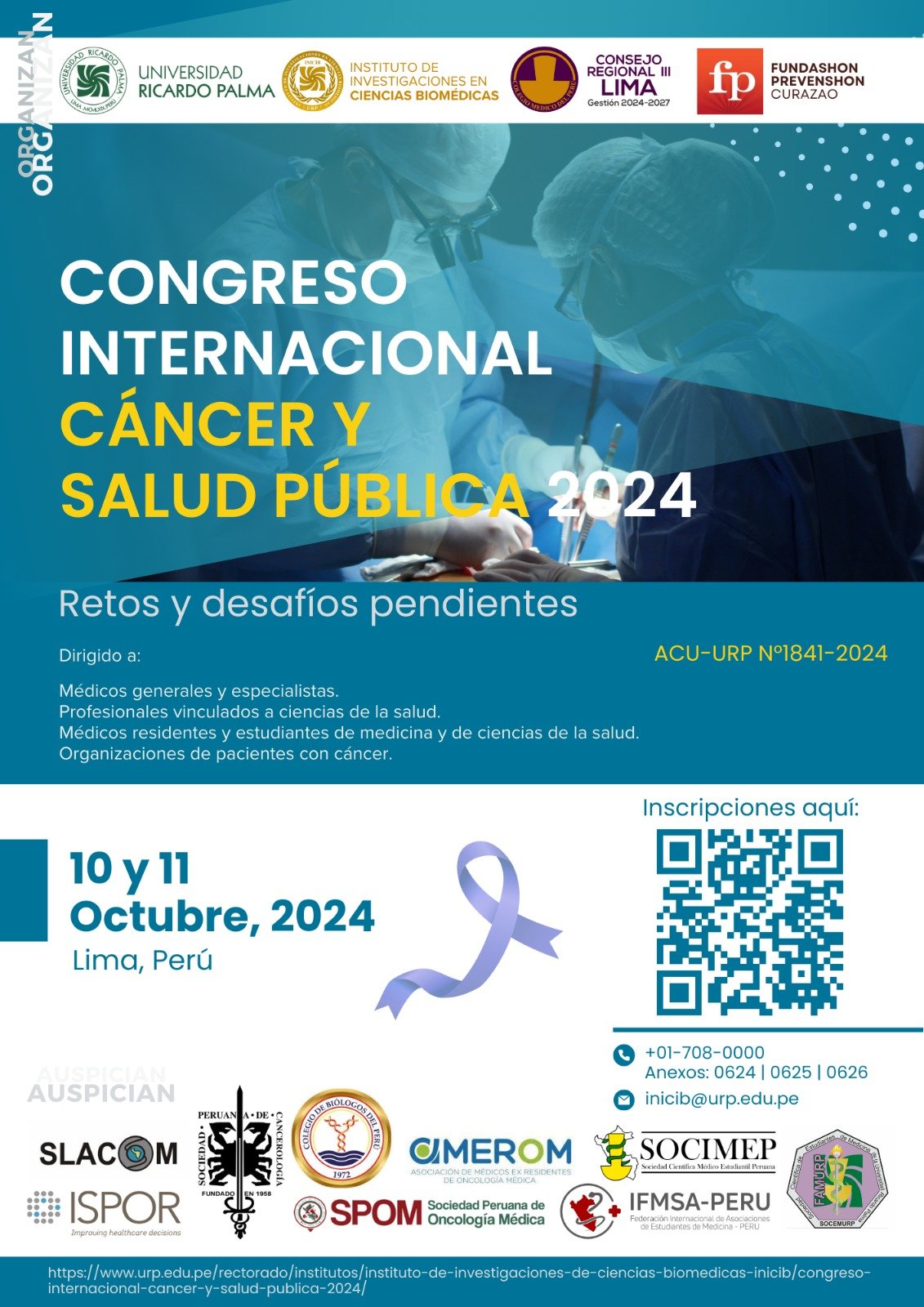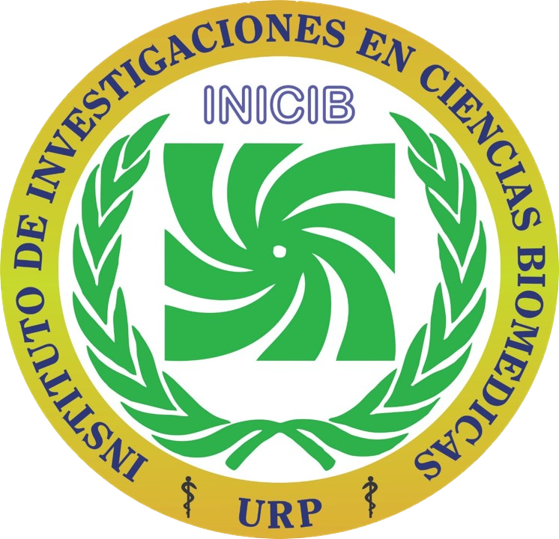Body Mass Index an anthropometric measure associated with TG / HDL Index, a novel cardio-metabolic risk factor
Índice de Masa Corporal una medida antropométrica asociada a Índice TG/HDL, un novel factor de riesgo cardio-metabólico
DOI:
https://doi.org/10.25176/RFMH.v20i4.3219Abstract
Objectives: to determine the relationship between obesity and the TG / HDL index in patients treated at the endocrinology outpatient service of the Sergio Bernales national hospital in 2018. Methods: the study was observational, analytical, case-control type not matched to ratio of 4: 1, with a total of 288 study subjects, 230 controls and 58 cases who met the selection criteria, involved the patients treated in the endocrinology outpatient service. The sample was simple random, the variables were included: Sex, age, Body mass index, Total cholesterol, Total triglycerides, HDL-c, LDL-c, TG / HDL index. A logistic regression model was used to obtain an Odds Ratio for the strength of association. Results: The relative frequency of obesity was 65.52% and 29.13%, for cases and controls respectively, in turn a statistical significance with Fisher's exact test, P-value 0.000. A bivariate logistic regression found a relationship between Obesity and TG / HDL-c Index (OR 4.62, p = 0.000, 95% CI 2.51-8.52). Conclusions: a relationship was found between Obesity and the TG / HDL-c index, which can be extrapolated to the adult population treated in the endocrinology service of Metropolitan Lima, this is the first article published in this regard at the national level, prospective studies are recommended to determine causality.
Downloads

Downloads
Published
How to Cite
Issue
Section
License
Copyright (c) 2020 Revista de la Facultad de Medicina Humana

This work is licensed under a Creative Commons Attribution 4.0 International License.


